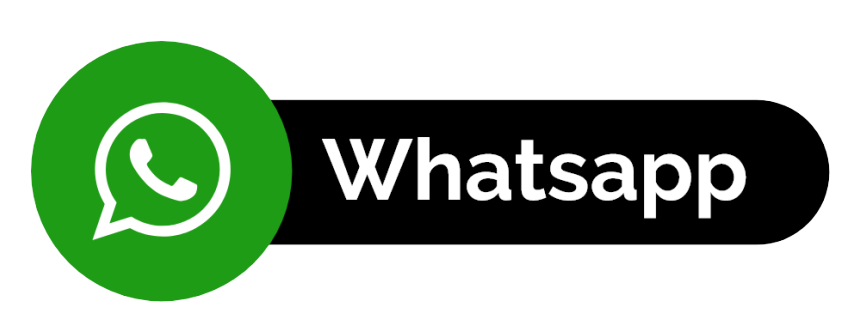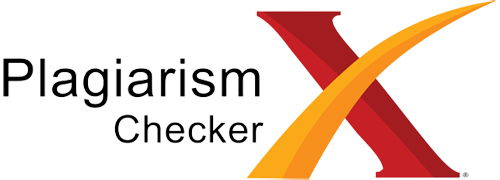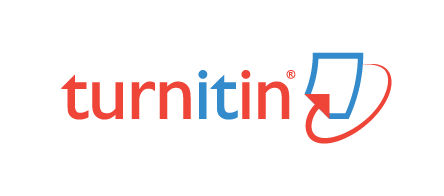Problem Case Historiography as an Alternative Learning Strategy to Train Historical Thinking Skills in The Merdeka Curriculum
DOI:
https://doi.org/10.30872/yupa.v8i2.2966Keywords:
Learning Strategy, Merdeka Curriculum, Historical Thinking Skills, Problem-Based Learning, Case Study, Historiography, Problem Case Historiography LearningAbstract
The Merdeka Curriculum, which has just been implemented in Indonesia, still faces many obstacles in its implementation, especially in history subjects. This is because there are differences in the content and achievement of skills in the Merdeka Curriculum and the previous curriculum, namely the 2013 curriculum. One of the skill strands in history subjects is historical thinking skills. Based on the literature review conducted by the researchers, few learning strategies can be used specifically to train Historical Thinking Skills. For this reason, this research was conducted to provide alternative learning strategies that teachers can use to train students' Historical Thinking Skills. The method used in this research is the library method. The results of this study are in the form of a new learning strategy syntax called “Problem Case Historiography”. The use of this learning strategy is expected to be able to train students' Historical Thinking Skills.
Downloads
References
Through Problem Based Learning). Jakarta: Kencana.
Aron, R., & Bernheim, M. (1978). Politics and History: Selected Essays. The Free Press.
Creswell, J. (2018). Qualitative Inquiry and Research Design: Choosing Among Five Approach. Sage Publications.
Dedi, I., & Syair, A. (2014). Metodologi Historiografi Sejarah. Yogyakarta: Eja Publisher.
Gottschalk, L. R., & Notosusanto, N. (1985). Mengerti sejarah. Universitas Indonesia.
Gumilar, G., Rosid, D. P. S., Sumardjoko, B., & Ghufron, A. (2023). Urgensi Penggantian Kurikulum 2013 menjadi Kurikulum Merdeka. Jurnal Papeda: Jurnal Publikasi Pendidikan Dasar, 5(2), 148–155.
Hadijaya, Y. (2013). Menyusun strategi berbuah kinerja pendidik efektif.
Hudaidah, H. (2014). Historical Thinking, Keterampilan Berpikir Utama Bagi Mahasiswa Sejarah. Criksetra: Jurnal Pendidikan Sejarah, 3(1).
Isjoni. (2007). Pembelajaran Sejarah Pada Satuan Pendidikan. Alfabeta.
Jones, A. (2003). History teaching in Australia: Stories are needed as well as analysis. Bulletin (Australian Historical Association), 96, 27–42.
Keputusan Menteri Pendidikan, Kebudayaan, Riset, Dan Teknologi Republik Indonesia Nomor 262/M/2022, Tentang Perubahan atas Keputusan Menteri Pendidikan, Kebudayaan, Riset, Dan Teknologi Republik Indonesia Nomor 56/M/2022 Tentang Pedoman Penerapan Kurik, (2022).
Kuntowijoyo. (2003). Metodologi Sejarah (2nd ed.). Tiara Wacana Yogja.
Kusmarni, Y. (2012). Studi kasus. UGM Jurnal Edu UGM Press, 2.
Mawardini, I. D., & Sajjad, A. M. (2023). Menelaah Perbedaan Kurikulum 2013 Dengan Kurikulum Merdeka. Islamic Elementary School (IES), 3(1), 60–72.
Mayasari, T., Kadarohman, A., Rusdiana, D., & Kaniawati, I. (2016). Apakah model pembelajaran problem based learning dan project based learning mampu melatihkan keterampilan abad 21? Jurnal Pendidikan Fisika Dan Keilmuan (JPFK), 2(1), 48–55.
Keputusan Menteri Pendidikan, Kebudayaan, Riset, dan Teknologi Republik Indonesia Nomor 56/M/2022 Tentang Pedoman Penerapan Kurikulum dalam Rangka Pemulihan Pembelajaran, Pub. L. No. NOMOR 56/M/2022 (2022).
Muslim, A. (2023). Landasan Filsafat Idealisme dan Implementasi Kurikulum Merdeka Belajar. JETISH: Journal of Education Technology Information Social Sciences and Health, 1(1), 34–40.
Nasution, S. W. R., Nasution, H. N., & Fauzi, R. (2022). Dasar-dasar Pengembangan Kurikulum. Penerbit NEM.
Nurjanah, W. (2020). Historical thinking skills and critical thinking skills. Historika, 23(1), 92–104.
Parker, C. (2004). History curriculum reform during educational transition in Poland. Political Crossroads, 10, 11(1), 43–62.
Priantini, D. A. M. M. O., Suarni, N. K., & Adnyana, I. K. S. (2022). Analisis kurikulum merdeka dan platform merdeka belajar untuk mewujudkan pendidikan yang berkualitas. Jurnal Penjaminan Mutu, 8(02), 238–244.
Pusat Kurikulum dan Pembelajaran. (2022). Kajian Akademik: Kurikulum untuk Pemulihan Pembelajaran. Badan Standar, Kurikulum, dan Asesmen Pendidikan Kementerian Pendidikan, Kebudayaan, Riset, dan Teknologi.
Schwartz. (2001). Problem Based Learning: Case Studies, Experience. and Practice. . Kogan Page Limited.
Schwartz, P. (2013). Problem-based learning. Routledge.
Stearns, P. N., Seixas, P., & Wineburg, S. (2000). Knowing, teaching, and learning history: National and international perspectives. NYU Press.
Taylor, T. (2006). Developing national professional standards for Australian teachers of history. Educational Practice and Theory, 28(2), 41–58.
Valenda, O. Y. (2023). Meta Analisis Implementasi Pelaksanaan Pembelajaran Kurikulum Merdeka di Sekolah Penggerak. Proceedings Series of Educational Studies.
Widiadi, A. N., Saputra, M. R. A., & Handoyo, I. C. (2022). Merdeka Berpikir Sejarah: Alternatif Strategi Implementasi Keterampilan Berpikir Sejarah Dalam Penerapan Kurikulum Merdeka. Sejarah Dan Budaya: Jurnal Sejarah, Budaya, Dan Pengajarannya, 16(1), 235–247.
Wineburg, S. (1999). Historical thinking and other unnatural acts. The Phi Delta Kappan, 80(7), 488–499.
Yin, R. (2014). Studi Kasus: Desain & Metode (13th ed.). Rajawali Pers.
Zajda, J., & Whitehouse, J. A. (2009). Teaching history. In International handbook of research on teachers and teaching (pp. 953–965). Springer.
Zed, M. (1999). Metodologi Sejarah. Padang: FIS UN. Susanto, Heri (2015). Strategi Mengembangkan Historical Empathy Dalam Pedagogi Sejarah. Jurnal Prosiding International Conference: Contribution of History to Social Sciences and Humanities, 44–53.
Zed, M. (2014). Metode Penelitian Kepustakaan. Jakarta: Yayasan Obor Indonesia.
Zed, M. (2018). Tentang konsep berfikir sejarah. Lensa Budaya: Jurnal Ilmiah Ilmu-Ilmu Budaya, 13(1).













